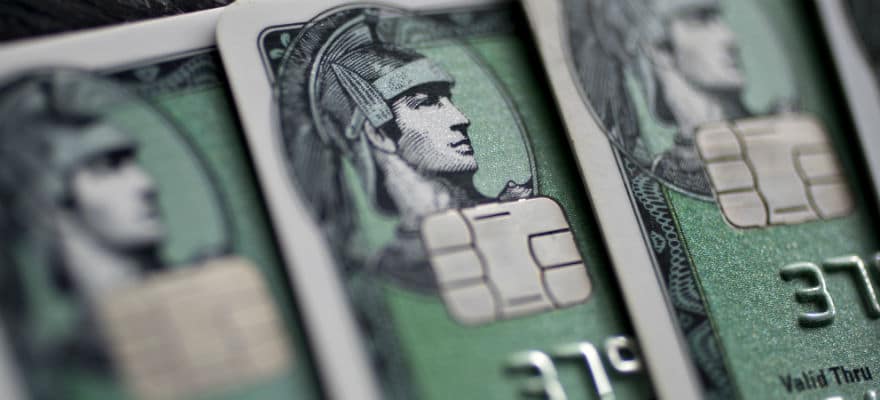American Express Travel Related Services (Amex), the credit card and traveler's cheque arm of American Express, is looking to use Blockchain to for a faster and efficient alternative to improve confirmation of its related Payments and transactions.
To that end, Amex has filed a patent with the US Patent and Trademark Office (USPTO) for a "blockchain-based proof-of-payment" that will provide records linked to a “public key” and associated with the merchant ID to “generate a proof-of-payment payload including the ID and payment amount.”
The filing describes a blockchain solution to receive requests for payment, which would then be approved or rejected, a process that would include risk analysis. If approved, the platform would automate processing and adjust accounts on both ends of the transaction.
American Express hopes the nascent technology can reduce the cost and complexity of burdensome processes by allowing smart devices to detect proof-of-payments and initiate actions to service paying customers.
The filing, entitled “SYSTEMS AND METHODS FOR BLOCKCHAIN BASED PROOF OF PAYMENT,” details a system that can write the encrypted proof-of-payment payload to a blockchain maintained on a dedicated node.
As per a report by Coindesk, American Express says that data can be used to "unlock a hotel, rental or shared economy property door using the card (e.g., that was used for the payment) to look up proof of payment on a blockchain." Moreover, "the system may be leveraged to provide ticketless access to venues (e.g., movie theater, sports event, concert, etc.) to a customer," and so forth.
The solution would require both payer and payee to create a blockchain-based digital wallet, enabling payments to occur on the blockchain platform itself rather than via a third-party institution.
The step marks the latest in a string of blockchain investments for American Express. Earlier in March, the company’s FX International Payments (FXIP) business partnered with Ripple to provide real-time, trackable non-card payments from the United States to Britain. Customers are already using the service, and it would be extended in the future.

















